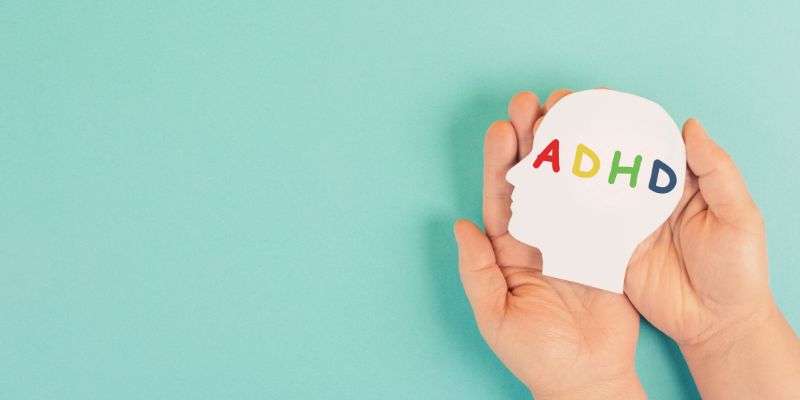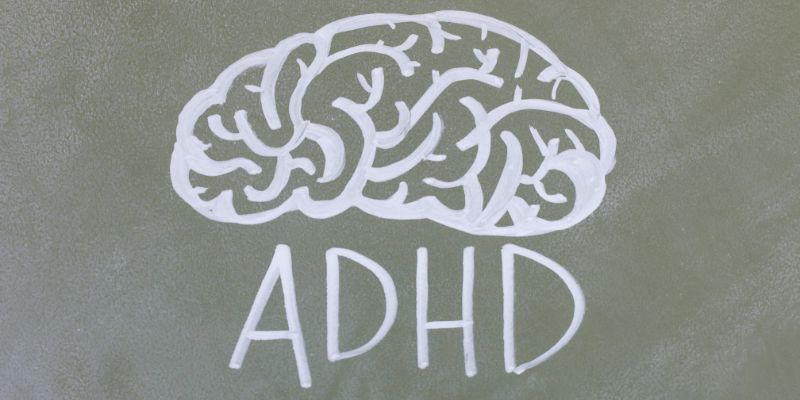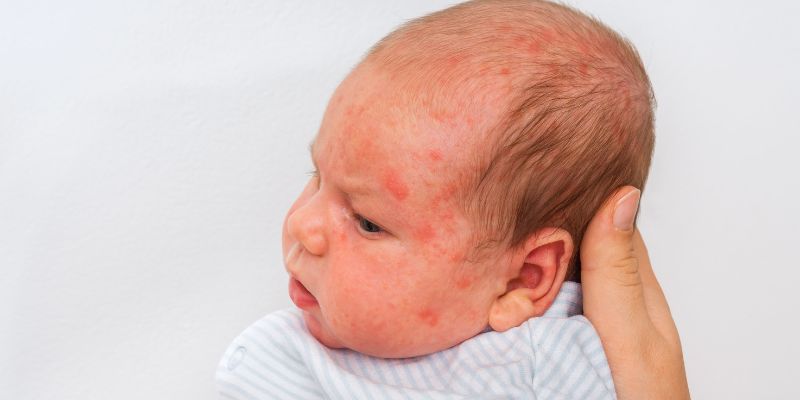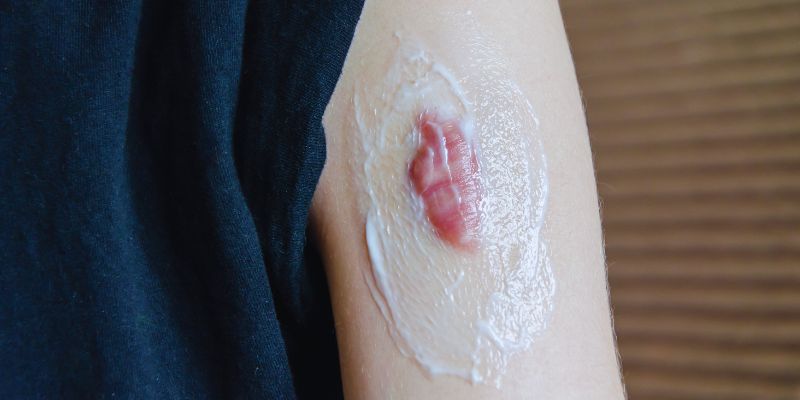What is ADHD (Attention Deficit Hyperactivity Disorder): An Understanding
Advertisement
Affected adults as well as children, Attention Deficit Hyperactivity Disorder (ADHD) is a neurological condition. Those with ADHD frequently battle with impulse control, concentration, and focus. This disorder can affect personal relationships, education, and employment, among other spheres of life. It's crucial to realize that ADHD is more than just a matter of too great or poor attention span. Rather, it is a complicated condition with many symptoms that could vary greatly between individuals.
Though it can last into adulthood, ADHD is usually diagnosed in childhood. Early identification of ADHD is essential for people to control their symptoms and live fulfilling lives. This article will cover the symptoms, causes, diagnosis, and therapies for ADHD. We will also review ways to enable people with ADHD to flourish daily.

What Are The Different Symptoms of ADHD?
Although ADHD presents in different forms, age and gender will affect the symptoms. Nonetheless, inattention, hyperactivity, and impulsivity define ADHD most importantly. Those who struggle to focus, follow directions, or arrange activities typically show inattention. They could overlook specifics and get quickly sidetracked by pointless cues. Still, another important complaint is hyperactivity. That entails too much activity, including fidgety, trouble to sit still, and too frequent speech. Although many youngsters show hyperactivity, it can also be present in adults who feel restless or find it difficult to relax.
The third main ADHD symptom is impulsiveness. Those experiencing this condition could act quickly without thinking through the implications. It may cause problems in the workplace, academics, and social events. These symptoms must be present for at least six months and seriously affect functioning for a diagnosis. Finding out whether someone has ADHD depends on a healthcare provider doing a comprehensive assessment.
Causes of ADHD: What Contributes to the Disorder?
Although the origin of ADHD is unknown, studies point to various elements that might help to develop the condition. Since ADHD runs in families, genetics are important in this condition. If a parent has ADHD, their child is more likely to acquire the condition as well. Furthermore, influencing the development of ADHD could be environmental elements. The risk might be raised by early childhood or maternal exposure to harmful substances, including lead. A higher risk of ADHD has also been associated with maternal smoking and stress during expected.
Furthermore, brain anatomy and function impact impulse control and attention. Studies have revealed that those with ADHD often exhibit variations in brain activity, especially in the prefrontal cortex, which regulates impulse control, attention, and decision-making. Although these elements have been connected to the onset of ADHD, it is crucial to underline that no one clear reason has been found. A mix of hereditary, environmental, and neurological elements most certainly causes ADHD.
Diagnosing ADHD: How is it Identified?
Making an ADHD diagnosis calls for a thorough assessment by a medical professional, usually a psychologist or psychiatrist. This method entails compiling data from many sources—including parents, teachers, and other caregivers. Usually, questionnaires are used to gauge the frequency and severity of symptoms, and the evaluation also consists of behavioral tests and interviews. Neuropsychological testing can occasionally evaluate memory, attention span, and cognitive ability. Using a comprehensive evaluation, other possible causes for the symptoms—such as learning difficulties, depression, or anxiety disorders—are ruled out.
The DSM-5 defines the criteria used in the diagnosis of ADHD. The DSM-5 states that symptoms of ADHD must show in at least two distinct environments (e.g., home and school) and seriously affect daily functioning. See a physician who specializes in diagnosing ADHD; the problem can occasionally be confused with other disorders with symptoms.
Treatment Options for ADHD
Though treatment choices might help control symptoms and enhance quality of life, there is no cure for ADHD. Usually, treatment calls for lifestyle modifications, therapy, and medication.
- Medications for ADHD: The most often used medicine for ADHD is a stimulant. These medications—including and methylphenidate (Ritalin)—work by raising norepinephrine and dopamine levels. Attention, focus, and impulse control all depend on these neurotransmitters. Those who do not react well to stimulants or have negative effects can also find non-stimulant medicines, including atomoxetine (Strattera). These medicines offer even more treatment options since they influence neurotransmitters differently.
- Behavioral Therapy: In addition to medication, behavioral treatment can assist people with ADHD in creating coping mechanisms and enhancing social skills. Cognitive-behavioral treatment (CBT) is particularly successful in helping people control impulses and acquire organizing abilities. Families with children with ADHD also benefit from parent education. Parents can learn from this therapy how to clearly express expectations, reward good conduct, and properly control challenging behavior.
- Lifestyle Changes: Managing ADHD can also benefit from good lifestyle adjustments. Regular physical activity has been demonstrated to increase focus and lower hyperactivity in those with ADHD. Along with a balanced diet, a set schedule can help control symptoms. Two key components of symptom management are controlling distractions and ensuring one gets enough sleep.

ADHD in Adults:
While many people with ADHD have their diagnosis in childhood, many nonetheless suffer symptoms throughout adulthood. For people with ADHD, symptoms include restlessness, forgetfulness, and trouble planning activities that could compromise their job and personal relationships. Time management, goal-setting, and task completion can all challenge adults with ADHD.
With the correct treatment, many individuals with ADHD may properly control their symptoms. If adults believe they have ADHD, they should visit a specialist since untreated symptoms can affect many spheres of life. Furthermore, linked to ADHD in adults could be other mental health disorders like anxiety or sadness. To treat both ADHD and any co-occurring conditions, a thorough assessment and tailored treatment plan are required.
Conclusion:
The complicated disorder known as Attention Deficit Hyperactivity Disorder (ADHD) strikes people differently. Although there is no cure, people with ADHD can lead successful lives using efficient treatment choices, including medication, therapy, and lifestyle adjustments. Improving results depends critically on early diagnosis and action. Those with ADHD can excel in personal relationships, employment, and education with appropriate help.
Advertisement












